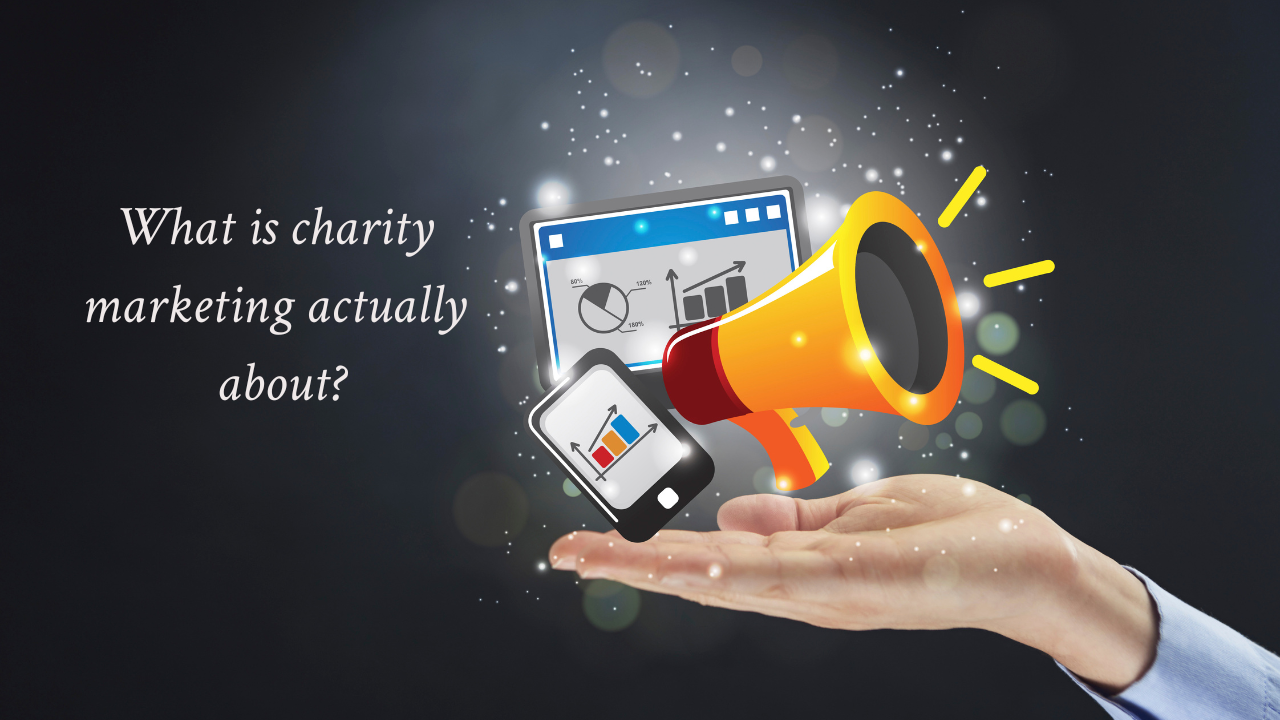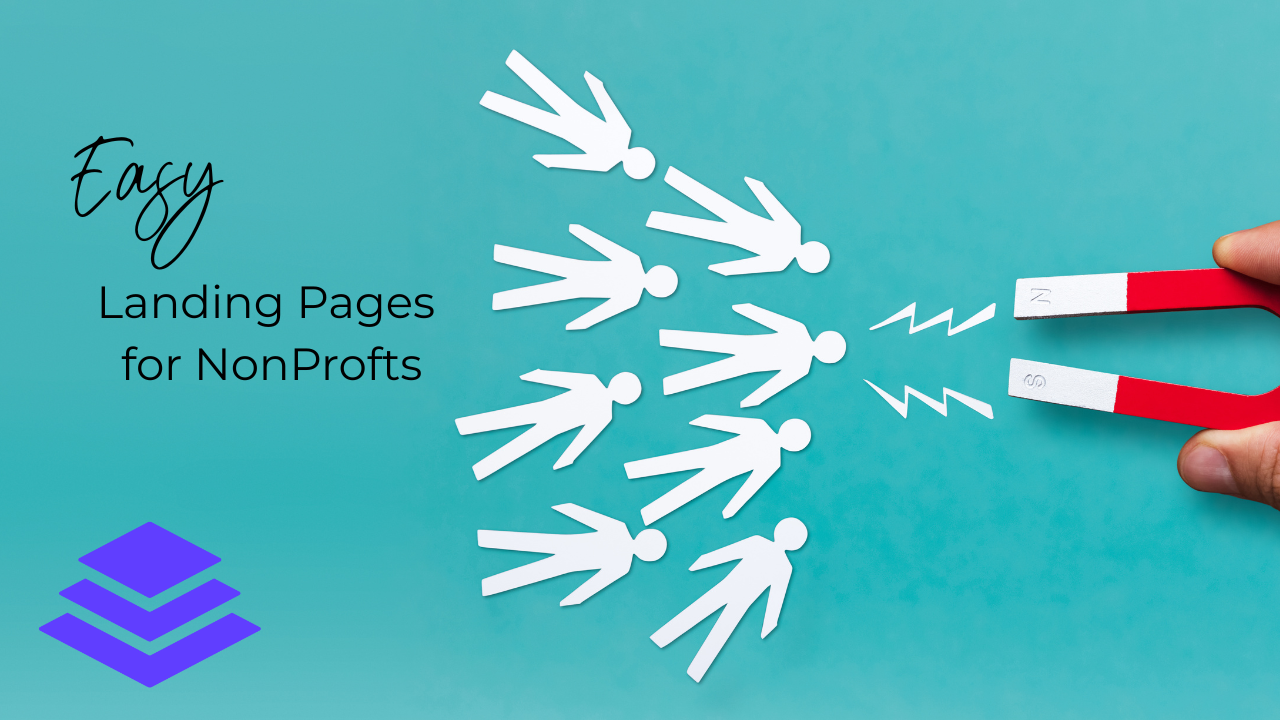Facebook Removes Advertising Targeting Options for Not-for-Profits
Jan 12, 2022
I have to admit I was a little (actually a lot) worried, when I first heard the announcement that Facebook was removing a lot of targeting options from their advertising platform. Many of the options being removed are ones that can be highly effective for advanced ad targeting for nonprofits and cause wanting to help specific communities. Facebook, or Meta as it is now known, is taking away some (actually, about one thousand) detailed targeting options within the ads platform in response to “feedback from civil rights experts, policymakers and other stakeholders on the importance of preventing advertisers from abusing the targeting options”. They will remove detailed targeting options that relate to topics people may perceive as sensitive, such as options referencing causes, organisations, or public figures that relate to health, race or ethnicity, political affiliation, religion, or sexual orientation. Examples include: The interest targeting options they are removing is not based on people’s physical characteristics or personal attributes, but instead on users’ interactions with Facebook’s platform. So what does it all mean to you? The truth is, for most of you this will be one of those situations where you didn’t know you had something until it was taken away. The vast majority of nonprofits were not actually using this kind of targeting, mainly because you didn’t know you could. When the features are officially removed on January 19th, chances are it will have little impact on you. You will still be able to use a range of targeting options to reach your ideal audience with paid ad campaigns. You can still use things like: So if this is so detrimental to nonprofits, why would Meta make this change? The answer is definitely in the historical use of these features. This conversation began all the way back in 2016 where we were seeing calls to effect this change due to racial exclusion https://www.propublica.org/article/facebook-lets-advertisers-exclude-users-by-race In 2017 it was anti-semitic ad categories https://www.propublica.org/article/facebook-enabled-advertisers-to-reach-jew-haters Then in 2019 The Department of Housing and Urban Development (America) sued facebook for allowing landlords and property owners to restrict who saw certain ads for housing, based on race, religion and nationality. https://www.washingtonpost.com/business/2019/03/28/hud-charges-facebook-with-housing-discrimination/ This year it was gun manufacturers targeting ads to militias ahead of the attacks on Congress https://www.techtransparencyproject.org/articles/how-facebook-profits-insurrection The truth is in most instances, not allowing private organisations to target ads to people by ethnicity, religion and sexual orientation is a good thing. It will stop misuse and abuse. It’s just a shame the feature will also be lost to those of you who would use these powers for good.
Get this weekly blog direct to your email!
i will never sell your information, for any reason.











